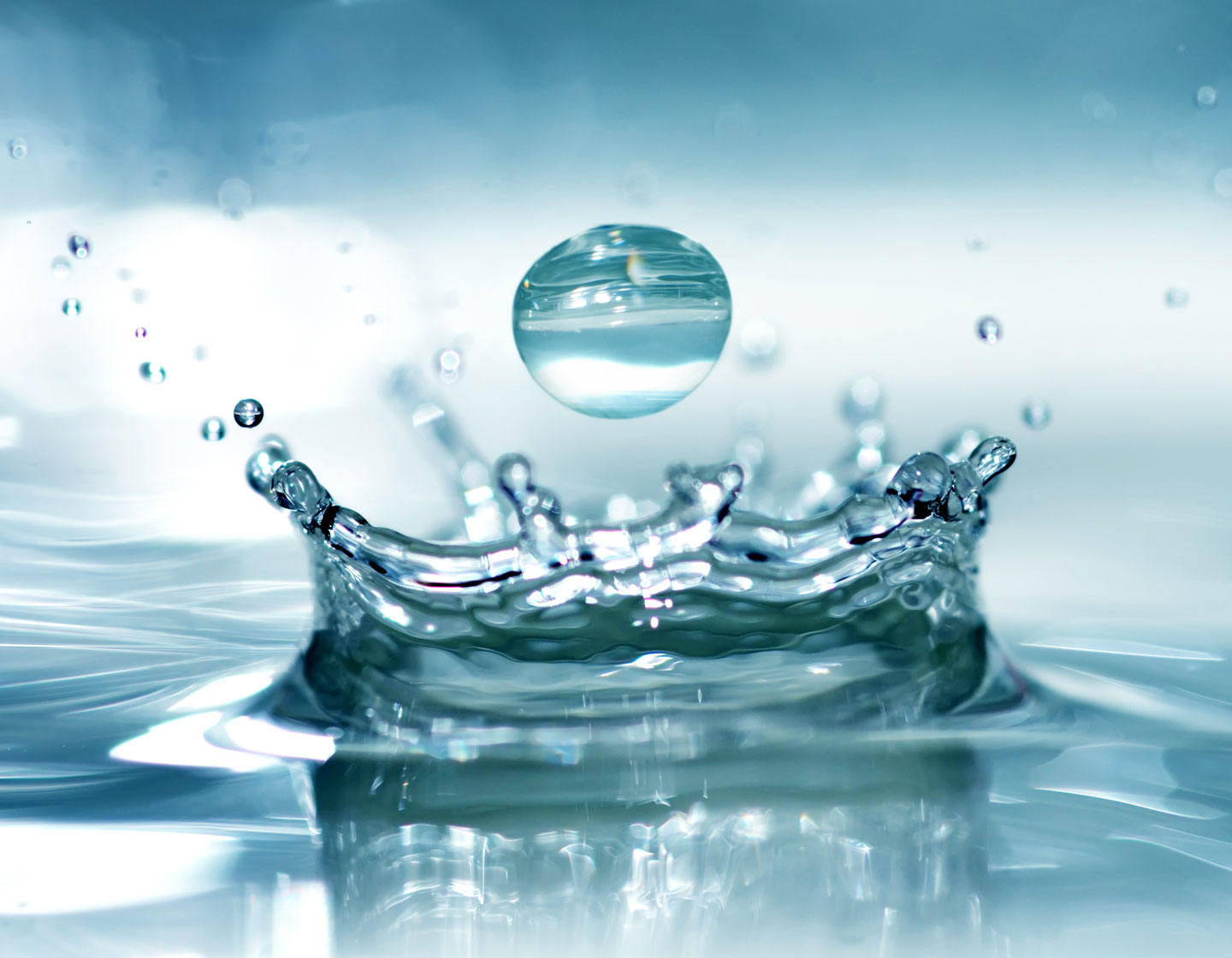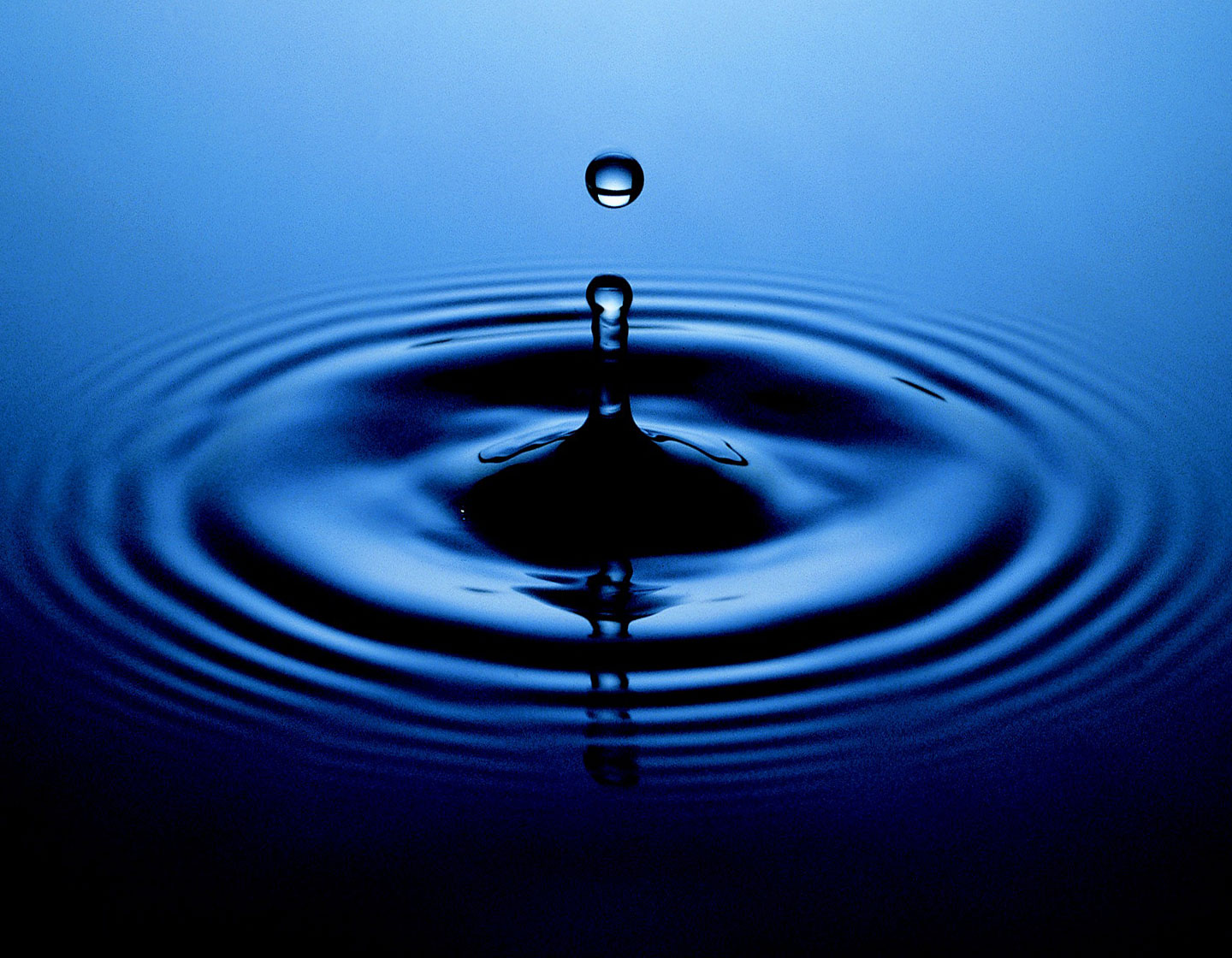Why we love GROHE as a sustainable partner
We choose to partner with one the world’s leading plumbing fixtures companies because they mirror our passionate commitment to sustainable living.
The company believes that water is precious and so every drop should be handled with care. For them and us, it is the basis of life and a source of joy.
The world’s population continues to rise, with 2 billion more people since 1998 and our global family now numbers 8 billion. This generates huge and complex challenges as urbanisation, expanding food production, changing climate and more brings new pressures on water resources.
GROHE is part of the solution to these challenges. The company passionate about quality, technology, design and sustainability, creating intelligent solutions that enhance water enjoyment and push the boundaries of innovation.
GROHE has the scale and resources to deliver sustainable water solutions worldwide. It employs about 6,000 people, with its headquarters in Düsseldorf. And since 2014, it has been part of the Japanese Lixil Group.
The Lixil vision for sustainable living is built around three strategic pillars:
- Global sanitation and hygiene
- Water conservation and environmental sustainability
- Zero carbon and circular living.
These pillars are developed from, and closely connected to the UN Sustainable Development Goals – 17 urgent and universal calls to action to end poverty, protect the planet, and ensure that by 2030 all people enjoy peace and prosperity.
Global sanitation and hygiene
The company is actively promoting and enabling access to safe and hygienic sanitation practices, especially for women and girls, while protecting children from harmful infectious diseases. The goal is that by 2025 to improve the livelihood of 100 million people through sanitation and hygiene initiatives.
An estimated 1.7 billion people, or about 20% of the global population, live without access to safe, sanitary toilets, and approximately 494 million people regularly defecate in the open. The human cost is devastating with over 700 children under 5-years-old dying daily from diseases caused by unsanitary living conditions.
Roughly 2.3 billion people, or 1 in 3 of the global population, lack basic handwashing facilities at home, increasing the risk of rampant infectious disease, such as COVID-19.
The company’s SATO brand is the primary driver for achieving its ambitious goal. SATO offers a diverse line of affordable, durable, and innovative toilet and hygiene products and accessories, tailored to the specific characteristics and needs of each region.
SATO solutions are being used in over 45 countries worldwide and the company is training local masons and entrepreneurs while developing reliable local manufacturing and distribution capabilities under its “Make-Sell-Use” business model.
It is also raising awareness of global sanitation and hygiene challenges through partnerships with UNICEF, the United States Agency for International Development (USAID), and links with Japan International Cooperation Agency (JICA) and other NGOs, local manufacturers, and retailers.

Water conservation and environmental stability
The company is committed to conserve energy, water, and other natural resources used in and by its products and services across the value chain – from procurement through production, distribution, end use, and product disposal.
To drive change, it has chosen 6 areas as “priority material issues”:
- Climate change mitigation and adaptation
- Water Sustainability
- Circular Economy
- Environmental Impact of Product Lifecycle
- Environmental Management
- Conservation of Biodiversity
One focus, water consumption, is a key area. Total household use of water has increased 6-fold since the 1960s and is expected to more than double by 2050.
GROHE is committed to help achieve global water sustainability so that people can get the most out of the water they use. And it promotes the responsible use of water in its business processes on a global scale. The mid-term target is to improve water use efficiency at its business sites by 20% by 2031. At water-scarce sites, it takes effective steps to improve water efficiency, recycle and manage wastewater.
Through water-saving products and services such as hot water-saving taps and toilets, the whole company aims to contribute to a global reduction of 2 billion m3 in water consumption by the end of 2025. It is enabling further reduction of water consumption through behavioural change and water leakage prevention measures through its smart, net-connected solutions.
It’s also working to reduce the risk of groundwater contamination by increasing access to safe sanitation facilities and safer water. For homes in areas with access to tap water, the filtration taps and water-purification cartridges contribute to safer, better-tasting water.
GROHE continues to develop a line of smart water-saving products that use less water but do not reduce the enjoyment of the experience. GROHE EcoJoy tap, for example, use a flow-limiting mousseur to reduce water consumption from 10 litres per minute to just over 5 litres, while the user experiences the same voluminous flow as that from a standard tap.

Zero carbon and circular living
The third of the strategic pillars is focussed on achieving net-zero carbon emissions, preserving water and natural resources in operations, housing and lifestyle solutions for future generations to become a leading company in environmental sustainability.
Since October 2020, all fittings plants are CO2-neutral, including the plants in Germany, Portugal, Thailand, China, Vietnam and Mexico. The priority is to avoid and reduce CO2 emissions, whereby only those emissions that cannot yet be avoided are to be offset.
Unavoidable CO2 emissions are offset through 3 compensation projects: 2 hydroelectric power stations, one in India and one in Vietnam, and a borehole maintenance project in Malawi. All are based on stringent criteria, such as the Gold Standard, developed under the aegis of the WWF.
Plastic-free
GROHE has been working on switching to completely plastic-free packaging since 2018 and achieved a major milestone in spring 2022 by removing all unnecessary plastic packaging from its products. This led to a saving of around 37 million plastic items per year.
The company is continuing to work on product packaging to drive the development of innovative packaging solutions and make its packaging even more sustainable.
GROHE also supports Marcella Hansch’s everwave project. Together with an interdisciplinary team of natural scientists, engineers and marine biologists, she is working on the development of a water platform that will collect plastic waste before it damages the ecosystems in oceans and rivers. Using cutting-edge technology, the plastic will then be processed in the most sustainable way possible.

Universal Design and inclusivity
By 2050, more than 1 in 5 people are projected to be over the age of 60. The company follows Universal Design principles that ensure as many people as possible can use a product, irrespective of age, nationality, ability, disability or capability.
The company is also committed to embed a culture of inclusion by 2030 and achieve strategic gender equity goals, as well as harnessing the knowledge and perspectives of a diverse employee base as the driving force for sustainable growth and innovation.

